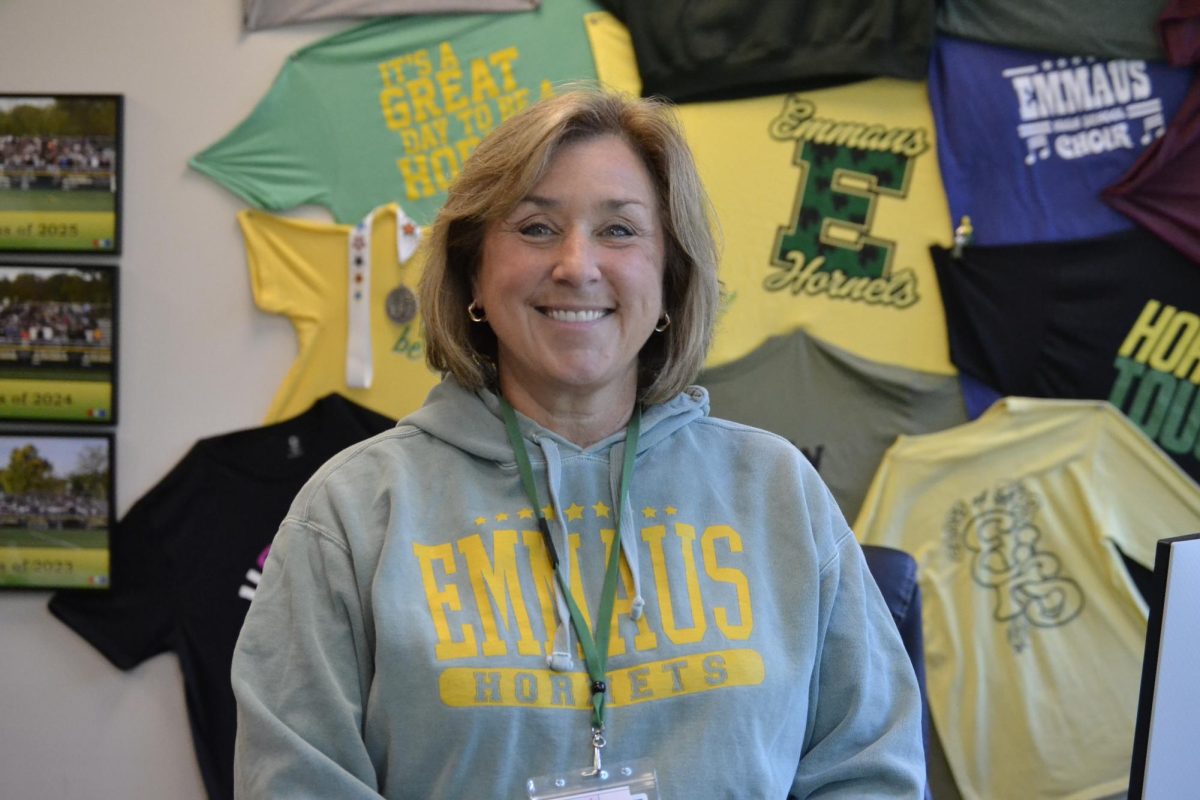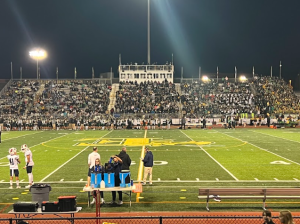Seniors should have open campus
May 10, 2022
This previously ran in our April 2022 print issue.
An upperclassman at EHS is presented with many unique opportunities and privileges, including early out and late arrival, but I propose we
add one more. With the transition to block scheduling, I find that there’s a gaping hole in many students’ days, including my own, which I believe could be fixed by implementing an open campus policy.
While I have four classes in a row on A days, my B days consist of one class, two study halls, and a second class (in that order). This presents me with an issue, because I have four free hours in the middle of the school day and nothing to do with them. Second block starts at 8:56 and third block doesn’t end until 12:55, which is the majority of the school day. Personally, I would love to go home during that time, but I have a fourth block class, meaning I’m not eligible for early out. So why isn’t there an option for people with similar schedules?
If you consider an open campus, students would have time in the day to get homework done, help out at home, complete personal tasks, pick up an extra shift at work, or in general, get a break from the busy school day.
Author Christina Burke says “they can run errands, too, which can save parents time and headaches after school.”
I believe that, at least in our current schedule, study halls aren’t achieving what they’re supposed to. Many students use study halls as a social hour, which is a nice break for some but is distracting for anyone trying to get work done.
Ashlyn Rinehart from The Charger Online writes, “at least from my experience, I do anything but homework. Not to mention, a very popular
study hall spot, the auditorium, has no desks or tables, making it very difficult to complete a lot of the work they’re given. I have personally spent many study halls watching Netflix because I couldn’t focus in my environment, or because there was physically nowhere to do my work.
“Not getting [my] homework finished because study hall isn’t a great environment leads to more stress,”
says Rinehart. Clearly, study halls aren’t valued by all students, and they don’t seem very important to administrators, either.If students have a study hall first or fourth block, they’re allowed to skip them, so why should second and third be any different? Especially because third block is attached to lunch, making it even longer than a normal block.
Some people, such as Christina Burke, argue that “…most schools haven’t carved enough time out” for the privilege to be worth the hassle. Many of these instances apply to schools that only offer open campus lunches, however. I completely agree that it would be impractical to allow students off campus just for a half-hour lunch. But, in our case, students would be leaving for 85 minutes at a minimum. This is completely practical in my mind, as plenty of students live within walking distance or can drive themselves home in a couple of minutes.
Another issue presented is whether or not to trust students to come back after leaving, but what can be done to fix this? If students with late arrival privilege can take on the responsibility of getting to second block on time, why wouldn’t someone in my shoes be trusted to make it back in time for fourth block?
Overall, the concept of letting students leave during study halls could help them to develop important life skills, including time management. This freedom will also prepare college-bound kids [who] have to learn how to manage their lives,” says Burke.
This privilege could also be beneficial to the community. In our case, Emmaus is full of small businesses that would benefit from students having an open campus experience. A survey done with students at Mount Vernon High School showed “85 percent of students from MVHS said they would leave during block lunch to buy food somewhere in Mount Vernon.
This could lead to benefits for the school, too. The support from high school students could “make local businesses more apt to donate money and resources to school events, like catering proms and providing supplies for football snack stands,” says Burke.
Making the move to an open campus could teach students important life skills, increase productivity during the day, and allow a mutually beneficial relationship between the school and its community.












